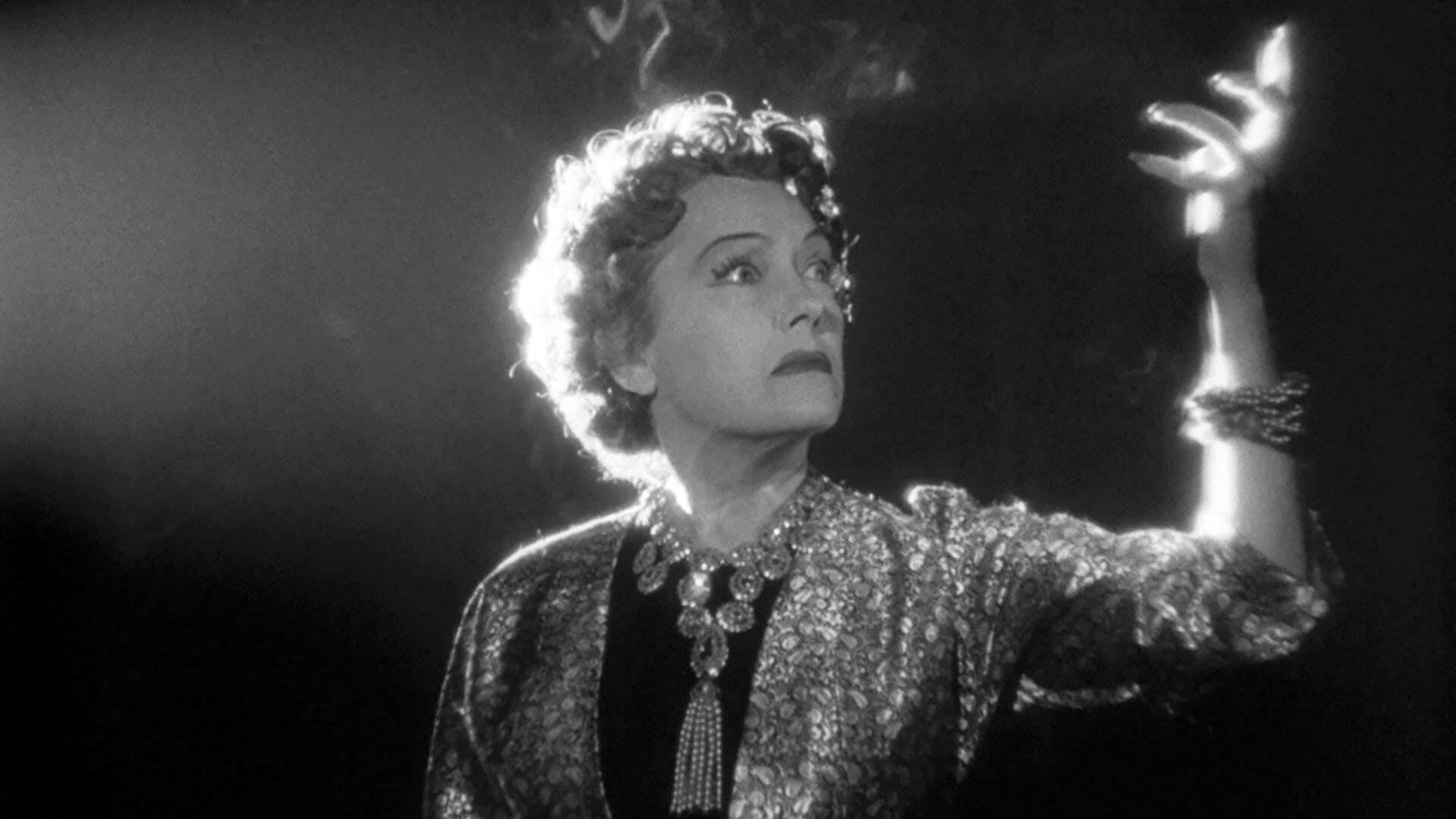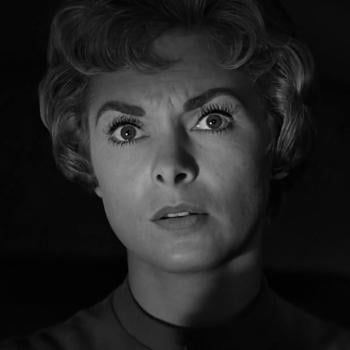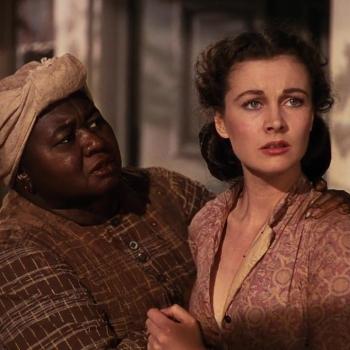
The aim of this site is to help film lovers better discern the glimmers of divinity and goodness in the films that inform our culture and our individual souls. This is, admittedly, a little difficult at times given just how rotten Hollywood can be at what often feels like a foundational level. Hollywood itself isn’t particularly shy about this and even gets in on this sometimes by offering little confessionals, films exploring the rancidness of the Hollywood machine. Of course, these only inevitably garner more commerce for the Hollywood machine and feed the dragon …
Today we’re going to look at one of the earliest of these and also one of the best: Billy Wilder’s 1950 masterpiece, Sunset Boulevard.
Joe Gillis is just a screenwriter desperate for some work when he hides away in that hidden driveway on Sunset Boulevard. He didn’t know it belonged to the magnetic Norma Desmond, the forgotten star of the silent era, nor that she would come to consume his life. Though Norma has not appeared in front of a camera in decades, she has spent all that time preparing her comeback. She’s certain this is inevitable, and Joe finds out she will go to any lengths to make sure she is ready when that spotlight falls on her again.
Norma is what happens when a person becomes addicted to applause, to adoration, to celebrity. Millions of people once told her that she was the pinnacle of human aspiration, and she believed them, and the consequences were frightening. Norma has become delusional, detached from reality, and this has turned her demanding. Yet for all her ruthlessness, she can only be sustained by a complex system of illusions and falsehoods–the fabricated fan-mail that her servant, Max, has to concoct so she doesn’t feel forgotten.
Broadly, these are the same things that Joe wants, which is how he winds up in Norma’s nightmare to begin with. Joe tries to break free of Norma’s grip, but he is always lured back into her shadow. Where else is a hungry writer going to go? Those first ten minutes of the film see Joe basically panhandling around Hollywood asking for someone to (“please!”) give him a job. But Hollywood is not terribly forgiving.
Joe’s parasitic relationship with Norma echoes the toxic relationship they both have with Hollywood–this entity that demands their heart and soul, that promises to love them in return but only suffocates them. Of course, Joe’s dependency on the Hollywood machine is largely a financial matter–he just needs work to feed himself. Norma, meanwhile, is living in a palace and wants for no material thing, but she is trapped, nonetheless. And by the time we meet her, she is straight-up delusional, incompatible with the reality she lives in. When Joe finally shatters her illusion, she kills him for it, and then rebuilds her cage from the pieces.
The film plays a really delicate game with Norma Desmond–villainess suprema. The film hoists Norma up as an example, a cautionary tale, but it also forces us to sympathize with her. Moreover, it forces us to reckon with the fact that … we created her. Cecil B. DeMille lets us know that once upon a time, Norma was a bright light, not just in her screen presence, but in her persona. But, as he notes, “A dozen press agents working overtime can do terrible things to the human spirit.” A dozen press agents, and a few million fans.
There is a lot about this film’s template that makes it universal, but there is also a specific application here that we ought to give some attention to. The fervor around celebrity worship has not gone away here in 2024, nor have the consequences for those who are caught in its pull. We may have limited control over what the studio heads are doing, but we can control our responses to these things. There are things about the film world that are worth appreciating, but we can celebrate without worshipping. It’s in everyone’s best interest, especially the subjects of our adoration.














